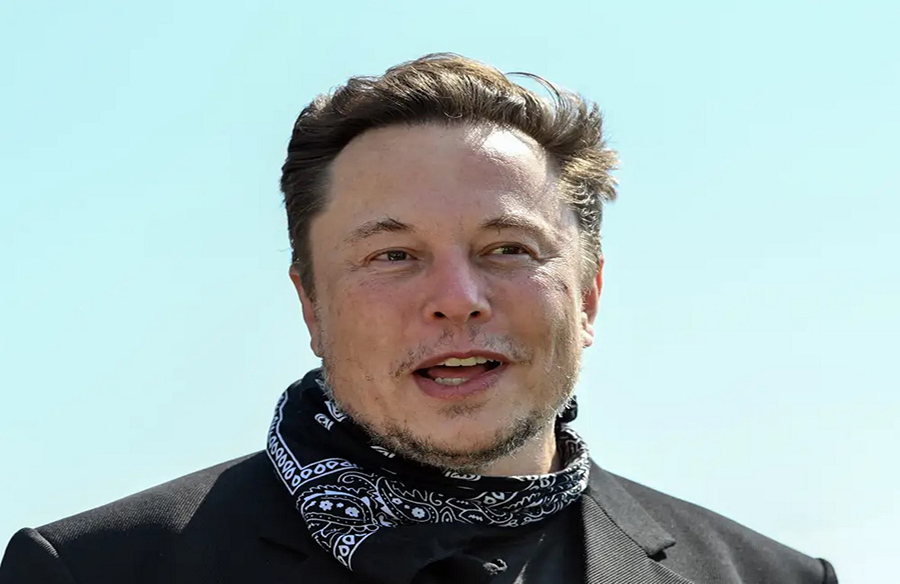
Musk’s Belief in the Importance of Death
Elon Musk, the billionaire CEO of Tesla and SpaceX, made a thought-provoking statement this week regarding the significance of death in human progress. According to Musk, death plays a crucial role in societal evolution because, more often than not, people do not change their perspectives or adopt new ideas—they simply pass away.
Musk’s Dismissal of Immortality Pursuits
Despite his involvement in groundbreaking technological ventures, Musk clarified that he is not actively seeking immortality or secret technologies to combat aging. During an interview at the Wall Street Journal’s CEO Council Summit, Musk stated his lack of awareness regarding any such advancements.
Moreover, Musk expressed skepticism about the desirability of human immortality, emphasizing that an eternal existence could lead to societal stagnation, where novel ideas struggle to flourish.
The Potential Pitfalls of Immortality
Musk’s stance is rooted in the belief that mortality drives innovation and the evolution of society. He warned against the possibility of an “ossified society” if individuals were to live indefinitely, suggesting that the absence of generational turnover could hinder progress.
Musk’s Advocacy for Cognitive Fitness in Leadership
In addition to discussing mortality’s role in societal dynamics, Musk addressed concerns about aging leaders’ cognitive abilities. He advocated for age limits on individuals holding critical public office positions, emphasizing the importance of cognitive agility in decision-making processes.
Implications for Leadership and Society
Musk’s remarks shed light on the complex interplay between mortality, societal progress, and leadership effectiveness. While his perspectives may spark debate, they underscore the multifaceted considerations surrounding human longevity and its impact on societal dynamics. As technological advancements continue to reshape our understanding of mortality, Musk’s insights prompt reflection on the broader implications for governance and societal evolution.












Leave a Reply